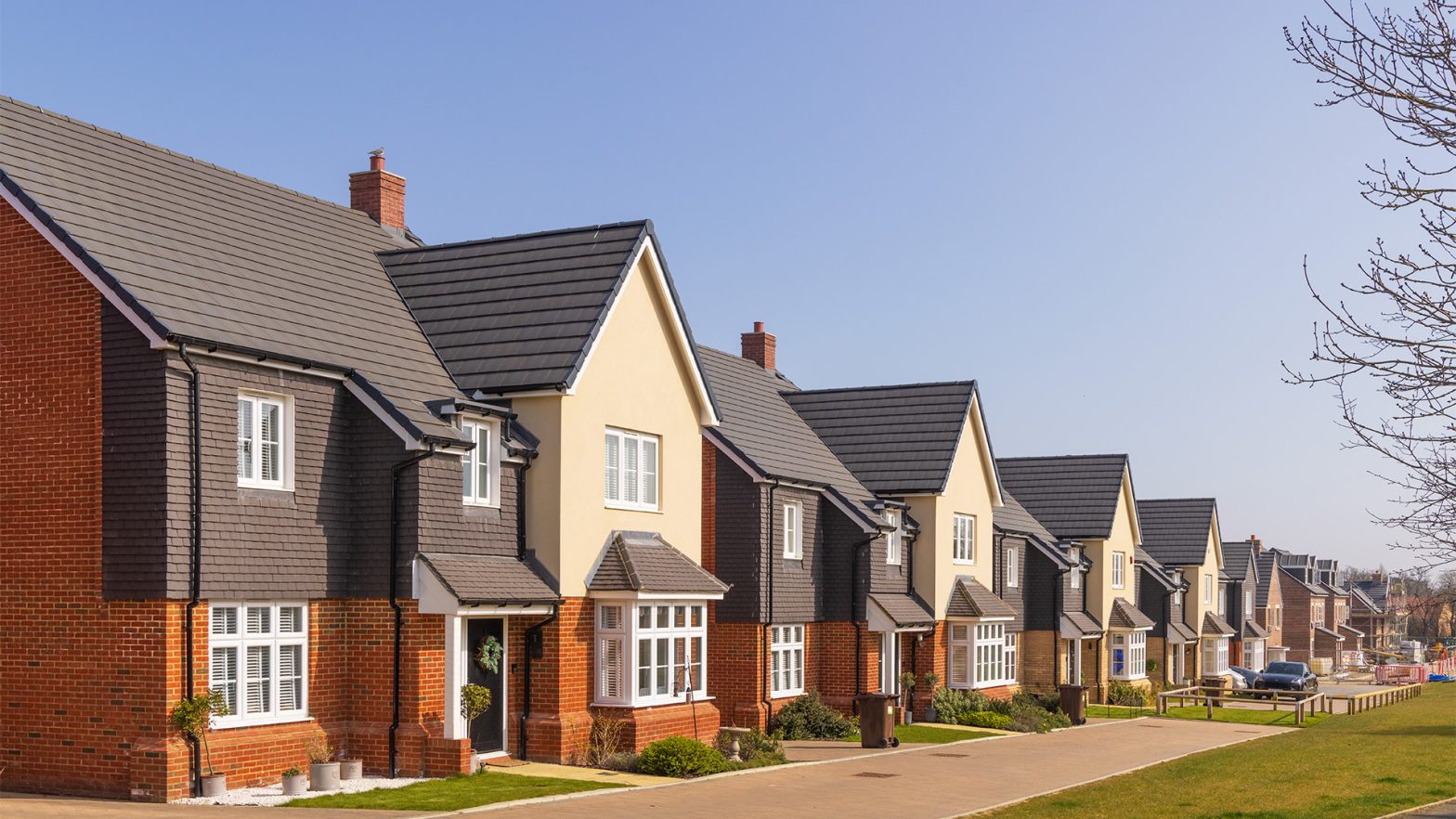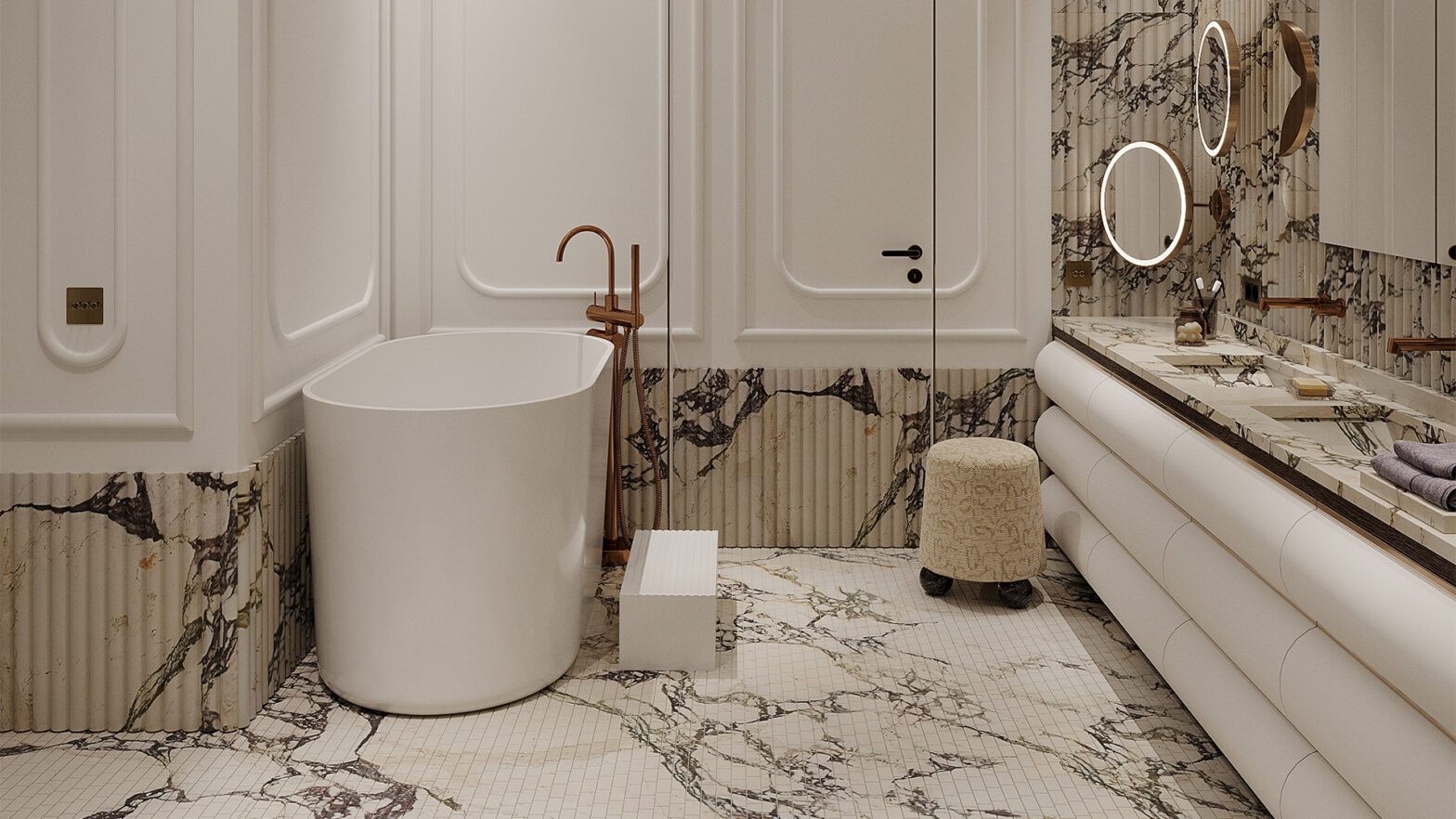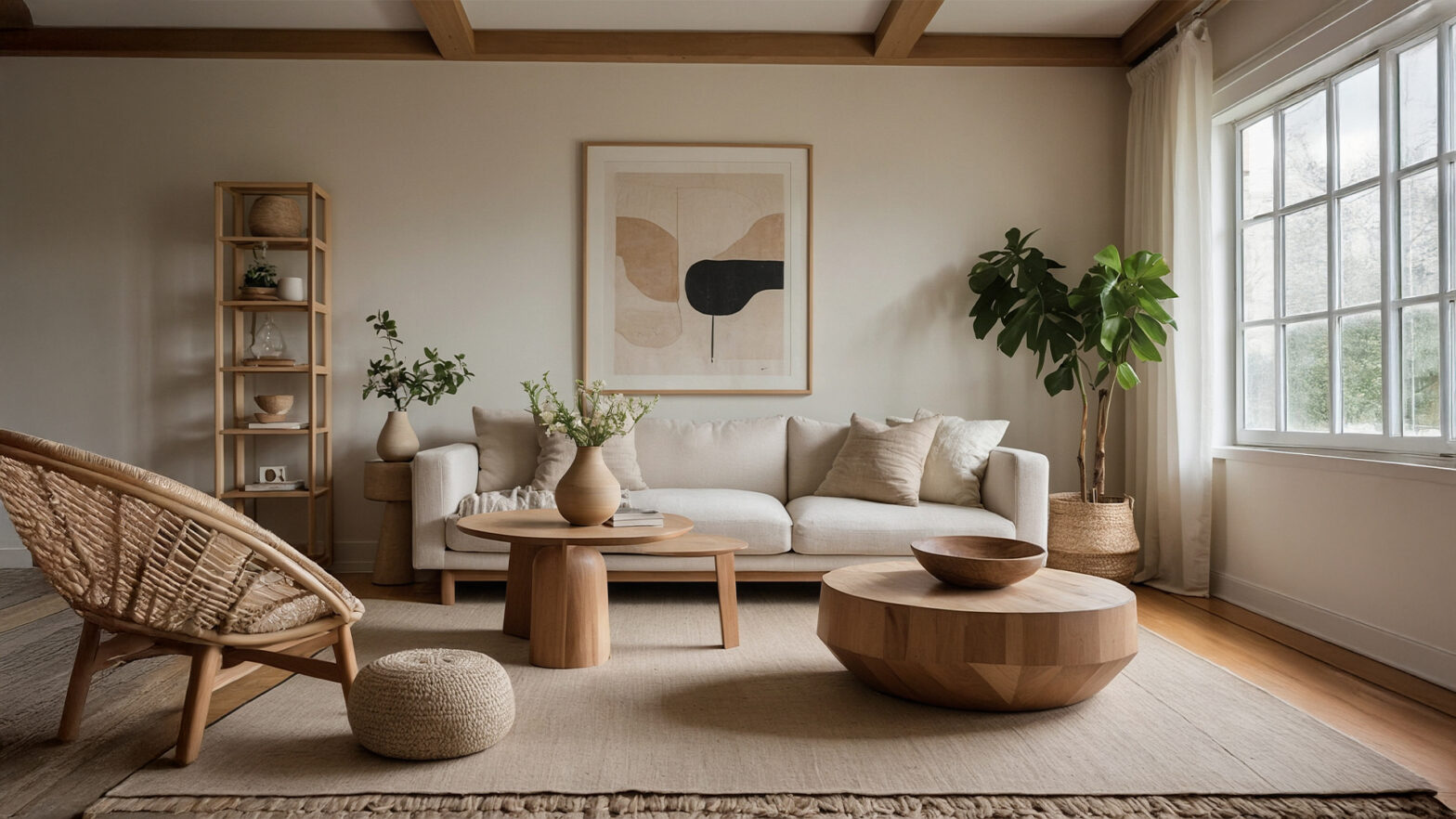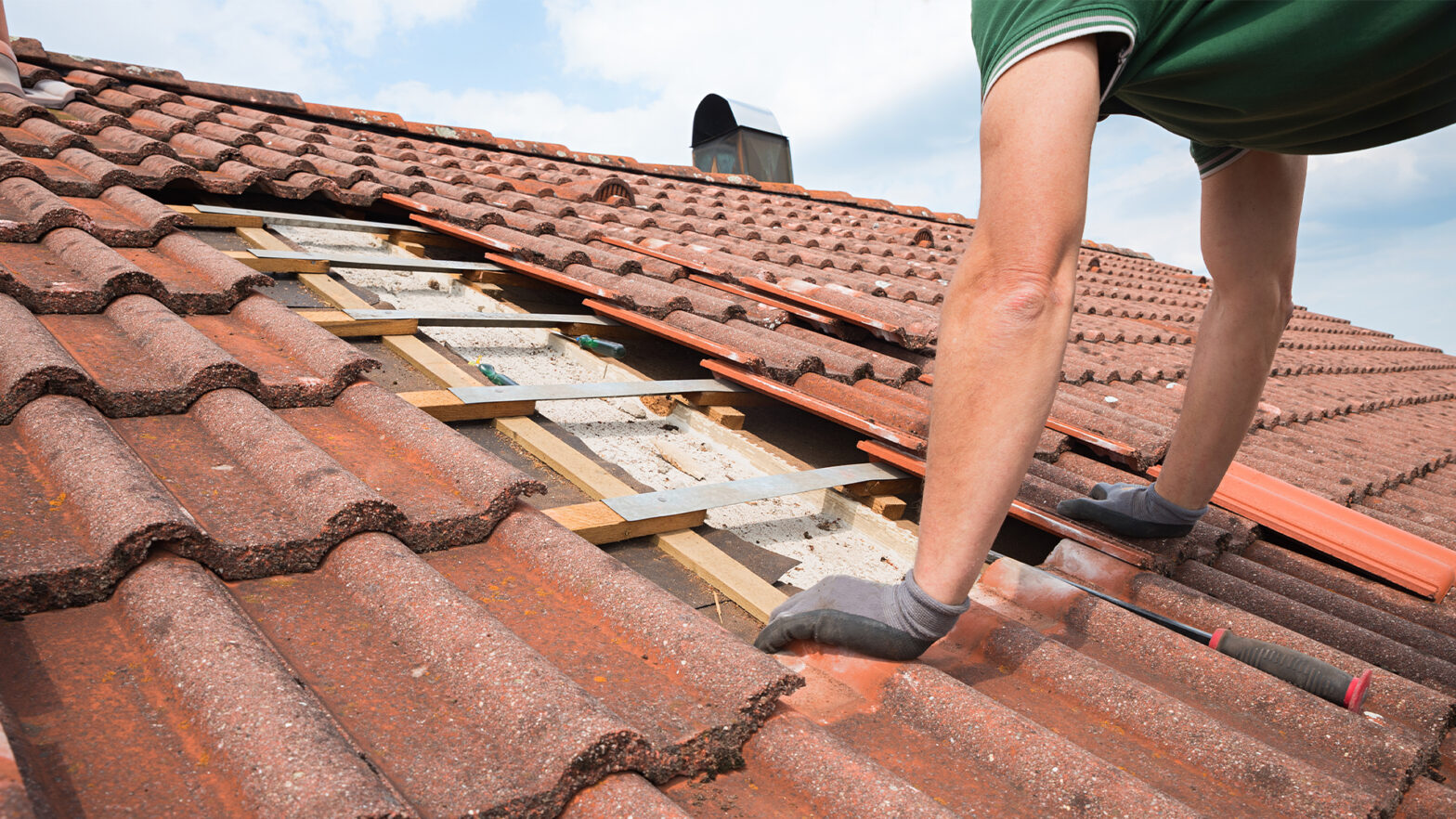
The dream of owning a home often centres on buying a brand new build – complete with the latest features and no need for renovations or repairs. However, as rising costs have led to declines in new home construction over the past couple years, more and more prospective buyers are looking at existing properties.
Despite government initiatives to promote the construction of new build properties, many house building firms have seen a change in buyer demand suggesting that interest in new-builds may be decreasing. But is buying an existing property really a smart move compared to a new build?
Decline in New Build Popularity
The once sought-after “new build dream” seems to be losing its lustre among first-time homebuyers in the UK. While new housing constructions have declined over the past year, existing older properties are seeing a surge of interest from young buyers. But what’s causing this shift? Affordability tops the list of concerns. With new builds commanding premium prices – on average 52% higher than comparable older homes – many first-timers are priced out and instead turn to the more economical option of buying an established property.
Cramped, cookie-cutter designs in many new housing estates also leave much to be desired for buyers craving individuality and character. The unique architectural style and renovation potential of older period buildings offer a more personalised and charming alternative.
Additionally, older neighbourhoods provide a stronger sense of community and belonging that new builds situated on the outskirts of towns often lack. With local shops and services, familiar friendly faces and well-established communal spaces, existing areas feel more like home for many starting out. As priorities like affordability, originality and community spirit draw young people to older properties, the trend seems clear – the new build dream is fading as first-time buyers embrace the benefits of buying an older, loved home.
Benefits of Buying an Older Home
Purchasing an existing property rather than a new build comes with many potential advantages for UK homebuyers. As we’ve mentioned, older homes tend to be more affordable, but period architecture and unique styles found in older properties also attract buyers looking for historic charm or retro layouts.
Mature gardens and landscaping already established in existing homes can be an added bonus too. Unlike waiting on builder timelines for a new build to be completed, buyers can move into an existing home immediately after contracts have been exchanged.
However, there are naturally risks to an older home too. To fully reap the most benefits, purchasers should complete thorough due diligence – hiring an independent surveyor to inspect the property and identify any structural or systemic issues is strongly advised. A building survey helps buyers understand the true condition and identify any repairs needed. With the right upfront research, purchasing an existing home can be an affordable and appealing option.
Making an Offer on an Older Home
When getting ready to make an offer on an older home in the UK, it’s crucial that buyers approach negotiations realistically. Make sure to thoroughly review all property inspection reports and surveys first. Use these to account for any repairs or upgrades required, and not just cosmetic facelifts either. Look at plumbing or electrical upgrades, structural repairs and roof replacements – any major issues that could require you to dig deep into your pockets.
Even a detailed inspection may not necessarily uncover every issue, so keep a contingency fund ready for any surprises after moving in. Approach negotiations pragmatically, with patience and realistic expectations about renovations required. While an older property may look more affordable on paper, its true cost means addressing any outdated or faulty aspects that will cost you in the future. Be sure you’re still getting the bargain you think you are once these are factored in.
Why a New Build May Not Be the Best Fit
While new constructions hold appeal for a variety of reasons, certain circumstances may make buying a new build home disadvantageous or even unfeasible for some buyers.
- Limited budget: With new builds often costing more than comparable existing homes, buyers on a tight budget can find themselves priced out of the new construction market.
- Urgent timeline: New builds typically take 6-9 months to complete construction, if not longer if material delays or labour shortages are factored in. Buyers who need to move sooner may not be in a position to wait for their new build to be completed.
- Customisation concerns: Some new build contracts limit how much buyers can customise finishes like kitchens and bathrooms, which means buyers need to spend more on redecorating on top of the premium to buy new.
- Small household: New build construction projects do not always offer a variety of house sizes to choose from. First time buyers or small families may find new builds too big, meaning they’d be paying more for a home that’s not practical for them, purely for the privilege of owning a new home.
- Fear of poor profits in the future: With no sales history, it can be riskier to predict future resale value of a new build compared to an existing home. For those investing to make a profit, a new build rarely makes financial sense.
The shiny new build has long tantalised many homebuyers across the UK. However, as construction of new homes slows amid rising costs, existing properties are offering a practical and budget-friendly alternative. Purchasing an older home admittedly brings some risks – the unknowns of hidden defects and the likelihood of renovations, to name just a few. Yet with proper due diligence like detailed surveys and maintenance checks, buyers can uncover and address any potential issues.
By going into the process informed and with eyes wide open about both potential benefits and risks, buyers can tap into great value, finding a home that’s been lived in, loved and offers the space and features they need for the price they want. While new builds hold allure for some, for many UK homebuyers, embracing an older property can provide the best fit.































